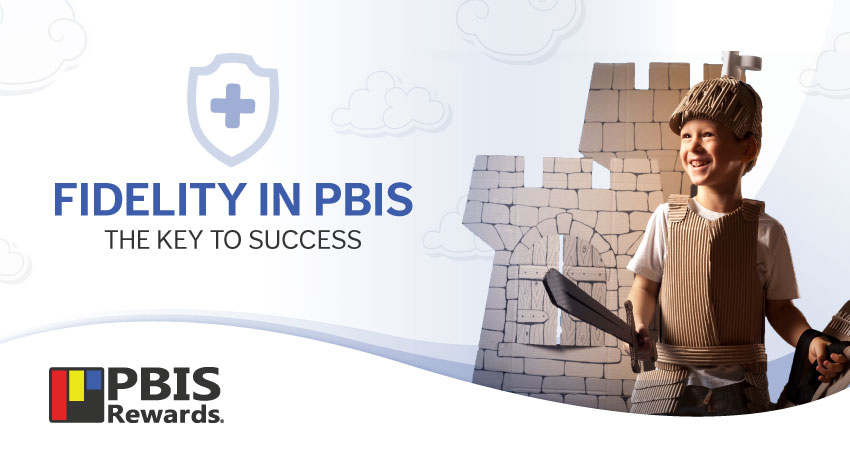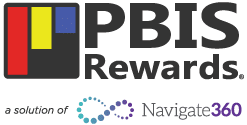On the surface, PBIS programs are a great idea – catch students exhibiting positive behavior and recognize that behavior in a tangible way. The challenge is to implement your PBIS program with fidelity. If you want your program to be successful, fidelity in PBIS can make all the difference.
Fidelity in PBIS
Fidelity in PBIS programs hinges on three distinct but interdependent principles:
- Fairness
- School store
- Reporting
At its simplest point, fidelity in PBIS relies on the cooperation of everyone involved in the program. This includes administrators, staff, and students. Let’s take a closer look at each of the three principles:
Fairness
Let’s face it – kids have a highly-tuned radar when it comes to fairness. They can be quick to label certain fellow students as “teacher’s pet” or take particular notice if an educator seems to “pick on” a particular student. The purpose of a PBIS program is to treat each student with the same level of attention and recognition, across the board. Without this level of equity, the entire student body has no reason to trust or cooperate with educators.
School Store
The centerpiece of many PBIS programs, the school store is the place where student attention is focused. But running a school store is a delicate balance. Pricing tangible rewards and privileges can be a tricky matter. Make the rewards too hard to obtain (i.e., too expensive) and students become frustrated with the program. Make the rewards too easy to earn, and students don’t perceive any value in the store. Providing items in your store that are attainable but may require some goal-setting on the student’s part can be a great motivator for the entire student body.
Reporting
While students must do the work (i.e., exhibit positive behavior) to receive recognition, the burden falls to teachers to be sure they are consistent in awarding points. A reporting system that provides insight into how teachers are using the PBIS program is critical. Giving administrators the ability to see how many points teachers are awarding and who may be falling short of goals can help fine-tune the program. Similarly, allowing teachers to view their own goals and how they are meeting those goals can help to point out discrepancies in their classroom. Most self-administrated PBIS programs, however, lack an accurate means for reporting. It’s hard to know if the staff is using the program with fidelity if you don’t have accurate data.
How do you measure fidelity?
One of the biggest challenges in most manually-administrated PBIS programs is determining if your staff is using the program equitably. A schoolwide focus on specific desired behaviors can only be successful if every teacher is on board and recognizing positive behaviors in the same way.
A digital PBIS program like PBIS Rewards can help your program to be successful. PBIS Rewards allows administrators to set point goals for teachers and gives teachers the means to check their performance daily, weekly, and monthly. There are numerous reports available that can give you an accurate portrait of performance. These reports can tell you:
- How consistent teachers are in awarding points
- If certain teachers need coaching
- What students may be missing out on points due to easy-going demeanor
- Rate of referral for major infractions
- … and more!
Fidelity in PBIS Means Success
A schoolwide PBIS program can be successful if both teachers and students are excited about it. Likewise, if all teachers are awarding points in the same manner for the same behaviors, this demonstrates fairness in the eyes of students. Being recognized for positive behavior establishes a conduct standard that can improve school climate over the course of the school year.
How does your school measure fidelity in its PBIS program?


